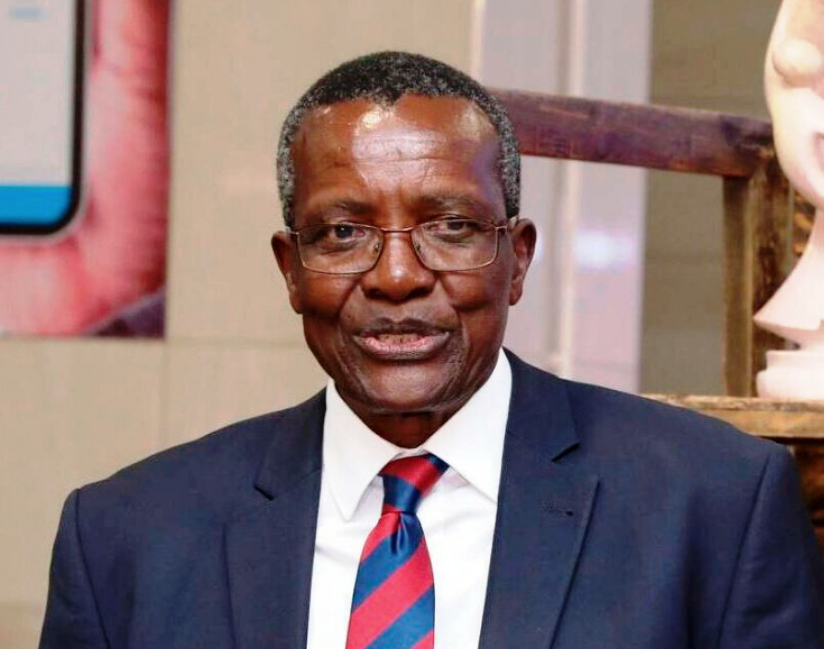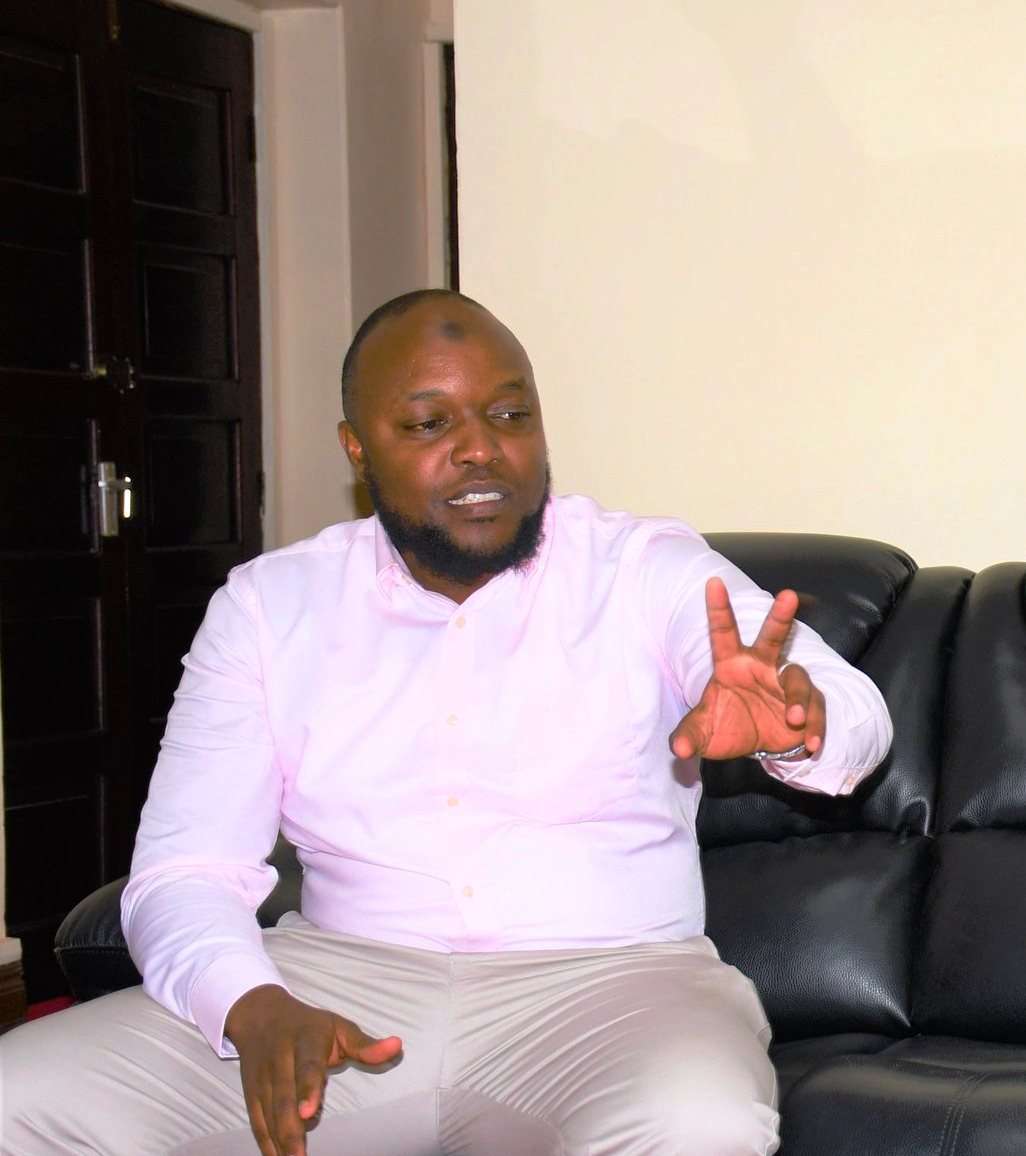By TWV Team
A petition seeking the regulation of theological colleges has sparked heated debate in the National Assembly. The petition, filed by Rev. Josiah Njiru, Chairman of the Association of Pentecostal Vocational Training Institutions of Kenya (APVOTIK), calls for legislation to address the unchecked proliferation of theological colleges in the country.
Reading the petition before the House on Thursday, 2 October, Temporary Speaker Martha Wangari noted: “In recent years, there has been a rapid rise in theological colleges, Bible schools, and online ministry training platforms, particularly among Pentecostal, charismatic, and indigenous movements, many of which operate without formal oversight.”
While acknowledging that the growth of such institutions has widened access to theological education, the petitioner raised concerns over the lack of standardised curricula, questionable accreditation, and the emergence of diploma mills, leading to doctrinal confusion, pastoral unpreparedness, and disparities in ministerial competence across denominations.
He argued that the absence of a regulatory framework tailored to theological education undermines quality assurance, credibility, and the integrity of ministry. Rev. Njiru urged Parliament to enact a law allowing the Pentecostal and evangelical sector to establish a self-regulatory authority.
However, MPs were divided over the petition, with Emuhaya MP Omboko Milemba questioning Rev. Njiru’s motive. “Could this be a way of creating a monopoly or oligopoly of existing colleges?” he posed.
Kinangop MP John Njuguna also cast doubt on the practicality of uniform teaching across the more than 200 theological colleges, given differences in interpretation among sects.
Kilgoris MP Julius Sunkuli, however, stressed the duty of legislators to protect religion from exploitation, remarking: “We cannot leave religion to the mercies of mediocre pastors with minimal training. How can the blind lead the blind?”
Funyula MP Wilberforce Oundo said the issues raised in the petition were “very pertinent”, but noted it was surprising since, historically, the religious community has resisted regulation to safeguard freedom of doctrine.
Tharaka MP George Murugara, while agreeing with the idea of self-regulation within the Church, underscored the need for oversight of the teachings offered to congregants. Central Imenti MP Moses Kirima also supported the petition, saying: “This petition is timely because we have seen how religion has been abused to mislead people, as witnessed in tragedies like Shakahola.” The petition was committed to the Public Petitions Committee for consideration.





